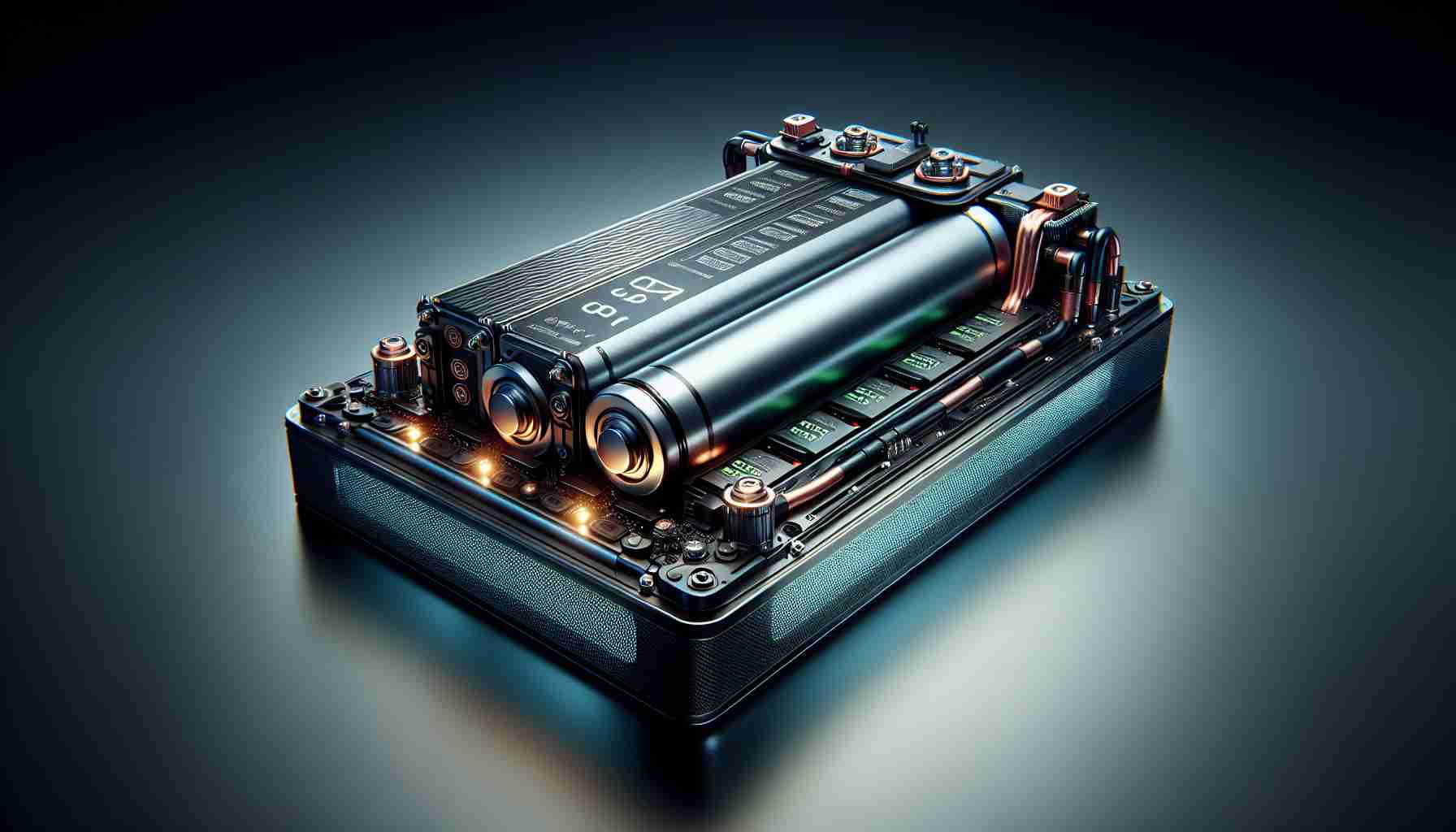Exciting advancements are on the horizon for electric vehicle technology, thanks to researchers at the University of Waterloo, Canada. They have unveiled a breakthrough in lithium-ion battery design capable of juicing up from zero to 80% in just 15 minutes, while ensuring an extended battery lifespan.
This innovative battery design permits up to 800 charging cycles, significantly enhancing its longevity. By achieving these milestones, the research team aims to make electric vehicles more attractive and accessible, particularly for individuals without dedicated home charging setups or living in apartment buildings.
The key innovation lies in a revised approach to the battery’s anode. Traditional graphite usage has been refined by merging the particles, which improves conductivity and allows faster ion movement. This clever modification mitigates typical issues like degradation and safety risks that arise with rapid charging.
Interestingly, the researchers have not introduced new materials. They optimized existing lithium-ion components, overhauling their arrangement to enhance performance with cutting-edge electron, ion, and heat transfer capabilities. This ensures the solution is scalable and compatible with current production methods.
The next step for the team involves perfecting the manufacturing process and running prototype tests to garner industry interest. For widespread adoption, the focus is on ensuring the technology integrates seamlessly with existing battery production and charging infrastructure.
This groundbreaking research is detailed in the journal Advanced Science, setting the stage for a significant leap in electric vehicle adoption by making it more economical and convenient for a broader audience.
How Lightning-Fast Charging Could Change the Future of Electric Vehicles
The recent progress in lithium-ion battery technology from the University of Waterloo opens up numerous pathways for the growth of electric vehicles (EVs), but what are some of the unexpected implications and controversies surrounding these advancements?
The Broader Impact on Human Mobility and Environment
With the capability to charge from zero to 80% in just 15 minutes, these batteries promise to eliminate a major barrier for electric vehicle adoption: long charging times. This could significantly increase the accessibility and appeal of EVs, especially for city dwellers who face constraints like limited charging options. This evolution addresses a key question: Could rapid charging reshape our cities? Faster charging not only reduces the need for extensive charging infrastructure but also makes shared EV systems more feasible, potentially altering urban transportation dynamics.
Controversies in Battery Sustainability and Resource Use
While the new design focuses on optimizing existing lithium-ion components, one must ponder: What are the environmental impacts? Although the improved battery lifespan (up to 800 charging cycles) reduces waste, lithium extraction itself is resource-intensive and raises environmental and ethical concerns. Critics argue whether increasing the efficiency of current materials is enough or if more sustainable alternatives should be researched concurrently.
Advantages and Disadvantages of Rapid Charging Technology
– Advantages:
– Convenience: Faster charging aligns better with the lifestyles of busy urban populations, potentially encouraging wider EV adoption.
– Increased Mobility: Enables longer trips without the extended downtime currently associated with EV charging.
– Enhanced lifespan and safety: By optimizing ion movement, the risks associated with rapid charging are mitigated.
– Disadvantages:
– Infrastructure Adaptation: Current infrastructure might need upgrades to handle rapid charging systems, involving significant investment.
– Heating Issues: Fast charging can result in increased heat production, potentially affecting battery safety unless adequately managed.
– Material Dependency: Continued reliance on lithium raises sustainability questions.
Exploring the Future: Is This Just a Stepping Stone?
While these innovations are promising, they raise questions about the long-term future of EV technologies: Will improvements in charging speed and battery longevity suffice, or should we look towards new paradigms like solid-state batteries? Advanced technologies might supersede current lithium-ion solutions, promising even greater efficiency and sustainability.
For those curious to explore more about EV advancements and their implications, consider visiting the official sites for up-to-date research and developments:
– University of Waterloo
– Advanced Science Journal
Predicting the future of electric vehicles involves a mix of technological, economic, and environmental considerations. How fast we get there relies heavily on innovations like those emerging from the University of Waterloo, but they may just be the beginning of a longer journey towards truly sustainable mobility solutions.







